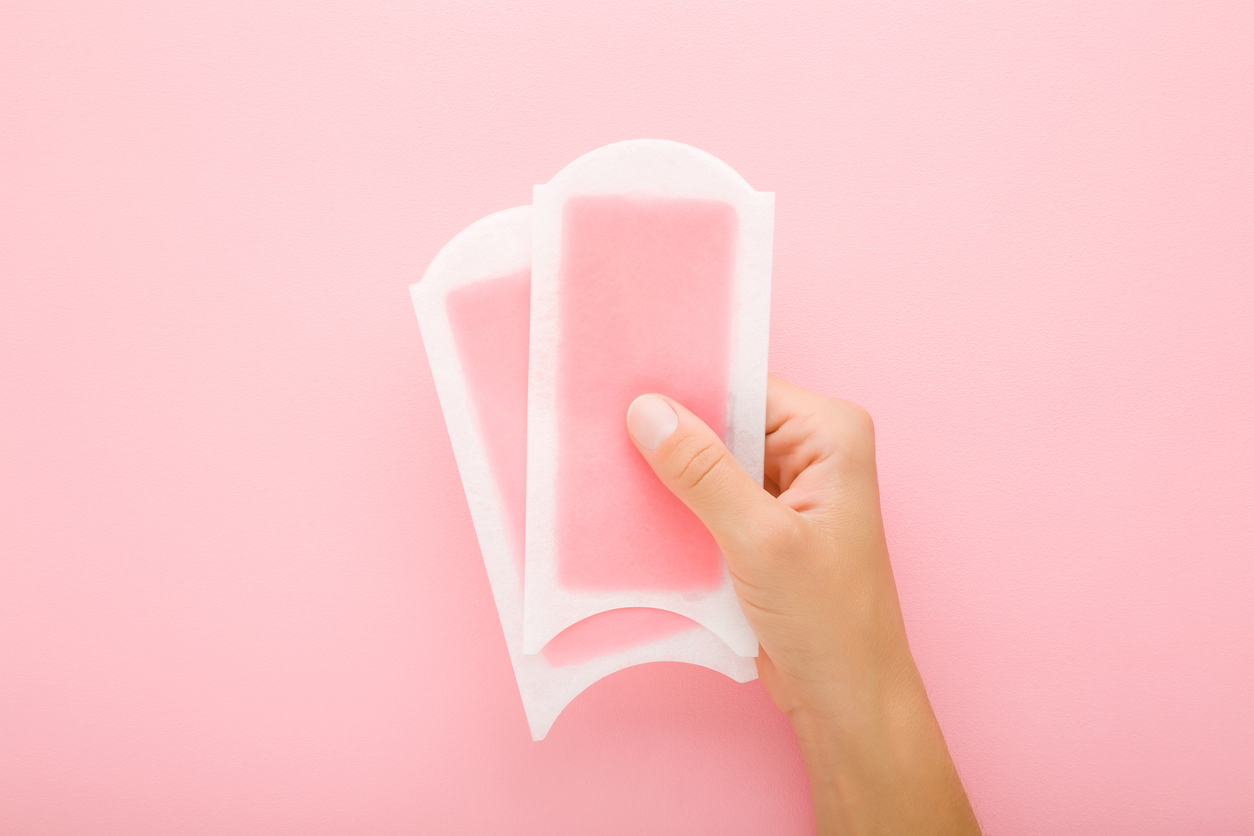What is mild dry skin?
If your skin feels dry to the touch, it’s called dry skin. It’s a common skin complaint that can happen to anyone, but it’s more likely as you get older.
Many things can cause dry skin, including lifestyle factors, like washing too often or very warm weather. Sometimes it’s linked to other health conditions, like an underactive thyroid.
What are the symptoms of mild dry skin?
Your skin is made up of different layers and if you don’t have enough moisture in the outer layer you can get dry skin. When this happens, you may notice symptoms, including:
- rough , scaly skin
- itchy skin
- cracked skin
Sometimes dry skin can lead to other skin problems like eczema or skin infections.
How do you diagnose and treat dry skin?
A doctor can usually diagnose dry skin by asking about your symptoms and your medical history. Then they will usually look at your skin and feel it.
The treatment for mild dry skin involves regularly moisturising your skin. This helps with the itching and improves your skin's moisture levels.
You can also speak to a pharmacist for advice on the best creams to use for dry skin.
Less commonly, a doctor may recommend you use a stronger treatment, like steroid creams if your symptoms don’t get better with moisturisers.






